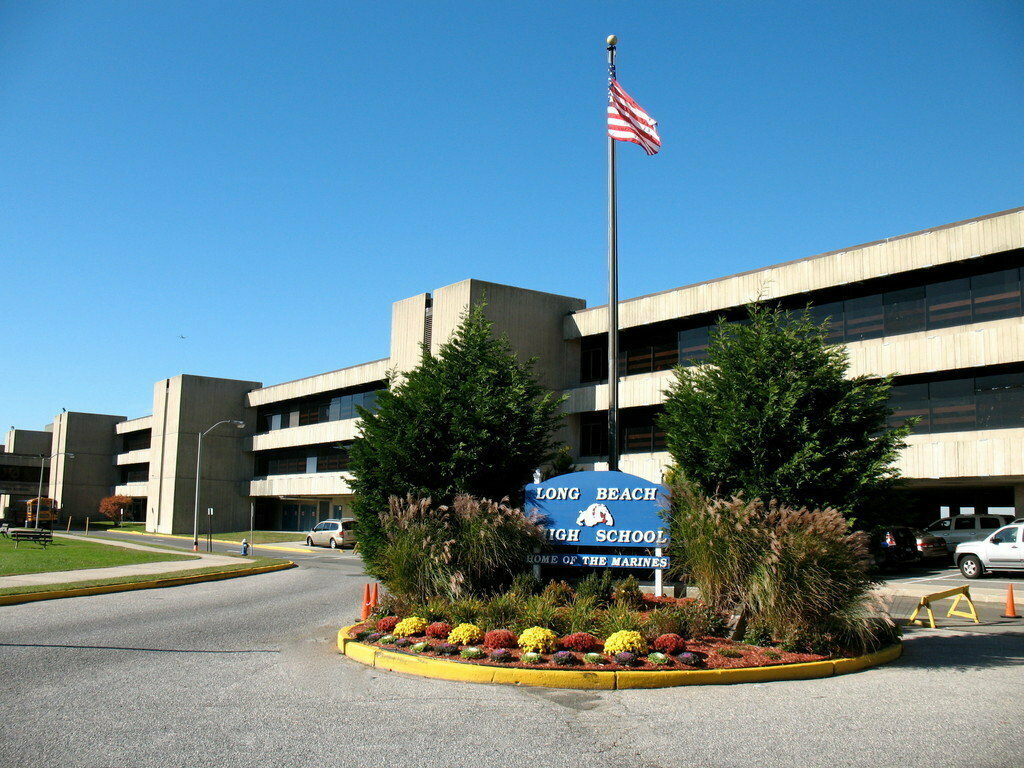Long Beach school district responds to state audit
The Long Beach School District responded in August to an audit conducted by State Comptroller Thomas DiNapoli’s office of the district’s finances from the 2018-19 through 2021-22 school years, and district administrators took issue with several of DiNapoli’s key findings.
The audit raised concerns about the district’s financial management and transparency, and claimed that its reported surplus fund balance ex-ceeded the statutory 4 percent limit by as much as 5 percentage points in three of the four years reviewed, but the district provided detailed explanations of its financial decisions, notably in the wake of Hurricane Sandy and the coronavirus pandemic.
The audit report noted that the district transferred a total of $17.3 million in surplus funds from its general fund to its capital projects fund, $7.8 million at the end of 2020-21 and $9.5 million at the end of 2021-22. The transfer was not disclosed in the annual budgets presented to voters, according to DiNapoli’s office.
The report also stated that the district overestimated appropriations by about $2.5 million annually, and underestimated revenues by about $1.6 million annually, over the course of three academic years, 2018-19 through 2020-21. Additionally, the audit pointed out that the adopted budgets for those years, which included the appropriations from the fund balance, suggested that the district was operating at a deficit.
Instead, the district had surpluses ranging from $1.7 million to $4.1 million in each of those three years, a total of more than $8.5 million.
According to the officials, one of the reasons Long Beach maintained a surplus fund balance greater than the state’s 4 percent limit was advice they received from external auditors. After Hurricane Sandy, the district faced the uncertainty of reimbursements by the Federal Emergency Management Agency, prompting it to maintain larger reserves to cover any potential financial shortfall.
“If FEMA failed to reimburse those funds (which was certainly a possibility at that time), it would have put the district in financial jeopardy,” the district said in a statement to the Herald. “As soon as we received that reimbursement, we reduced the unrestricted fund balance to 4 percent, where it has been for the last two years.”
The state audit also criticized the district for generating small annual budget surpluses, typically ranging from 1 to 2 percent. The district noted, however, that larger surpluses during the two main years of Covid were an exception. Sudden school closures in 2020, coupled with the difficulty of accurately estimating costs during the following year, led to the larger surpluses.
Another point of contention was the district’s use of surplus funds for capital projects, such as repairing faulty steam pipes, rather than applying them to reducing the tax levy. While the audit suggested that the surplus funds should have been used to lower taxes, district officials pointed out that there was no tax levy increase for two consecutive years, 2021-22 and 2022-23, and that using surplus funds for capital projects was both legal and essential in order for them to address urgent facility needs.
“While keeping taxes as low as possible is certainly a high priority for us,” the district wrote, “we also have to be sure to keep our facilities safe and well-maintained for our students.”
For the 2023-24 and 2024-25 school years, the district implemented a 1.5 percent tax levy increase, which it argued was necessary. Officials emphasized that maintaining a 1 to 2 percent surplus on a multi-million-dollar budget demonstrated responsible financial planning. Additionally, they explained that the audit covered two highly unusual years due to the pandemic, which created financial uncertainties for school districts nationwide.
The district rejected the audit’s claims of a lack of transparency in its budgeting practices. The budget is presented in detail at Board of Education meetings from January through April, and additional information is shared with residents through mailings.
The district has made the audit report, and its full response, available on its website, LBeach.org, for residents to review.






